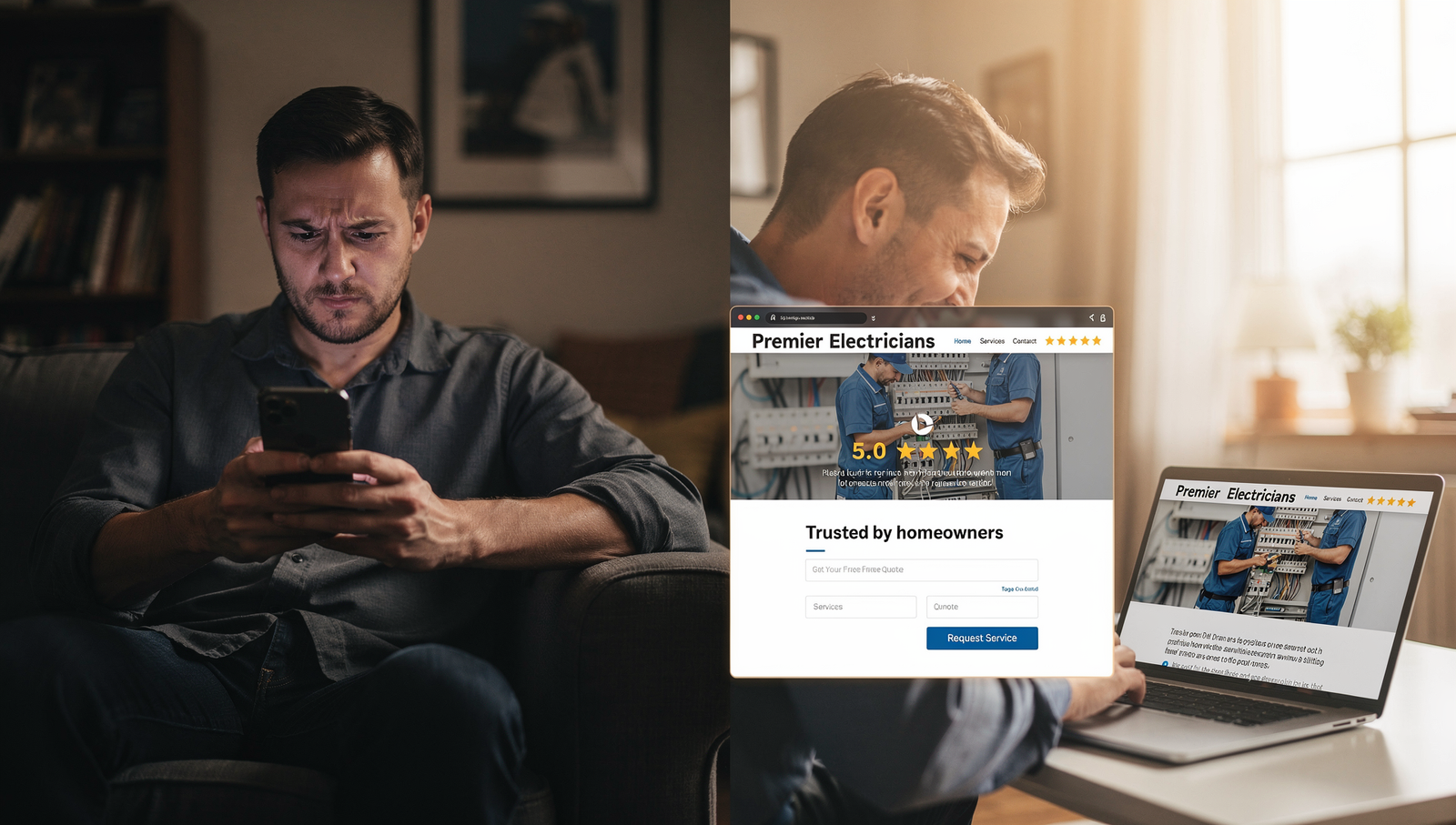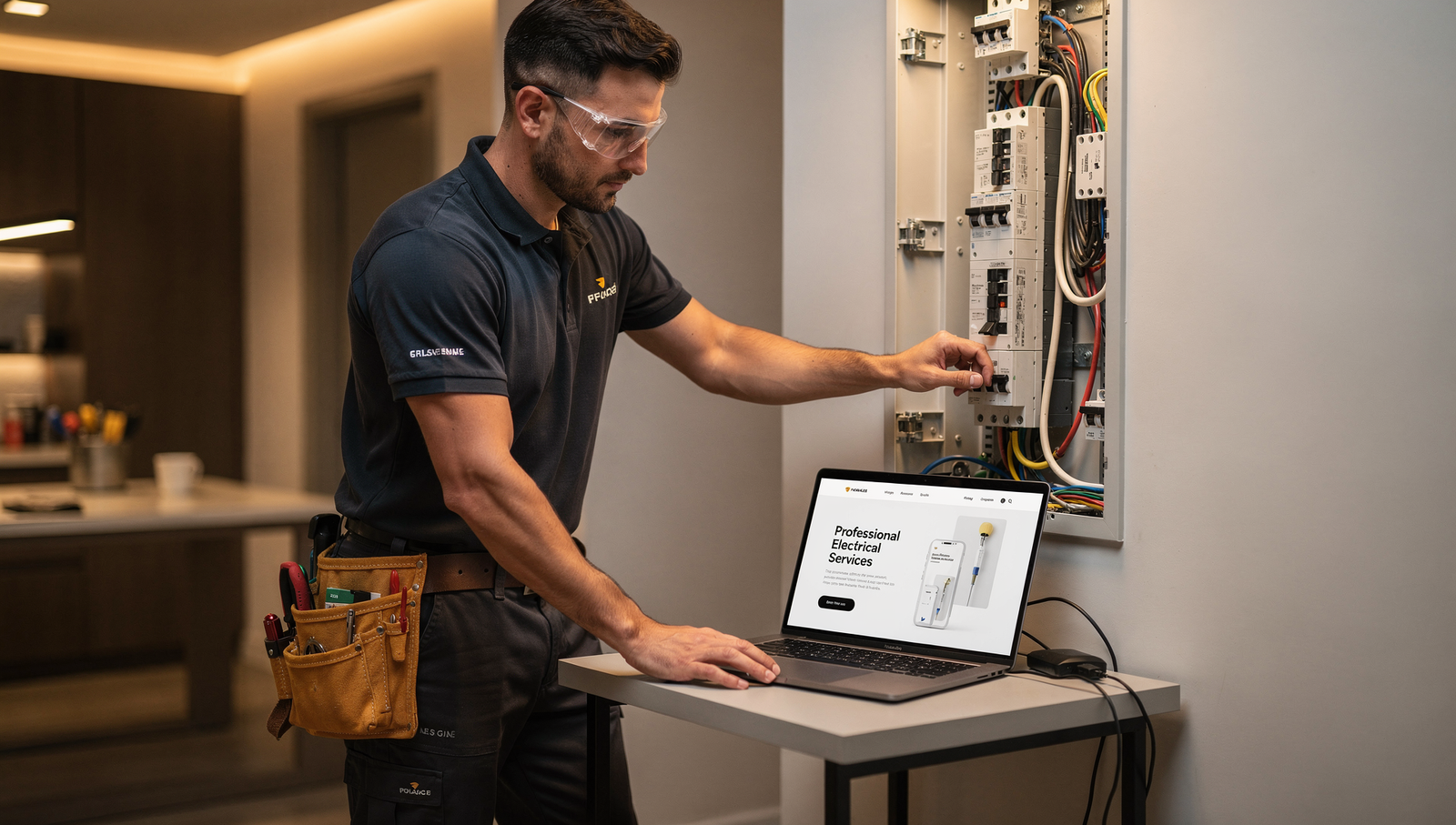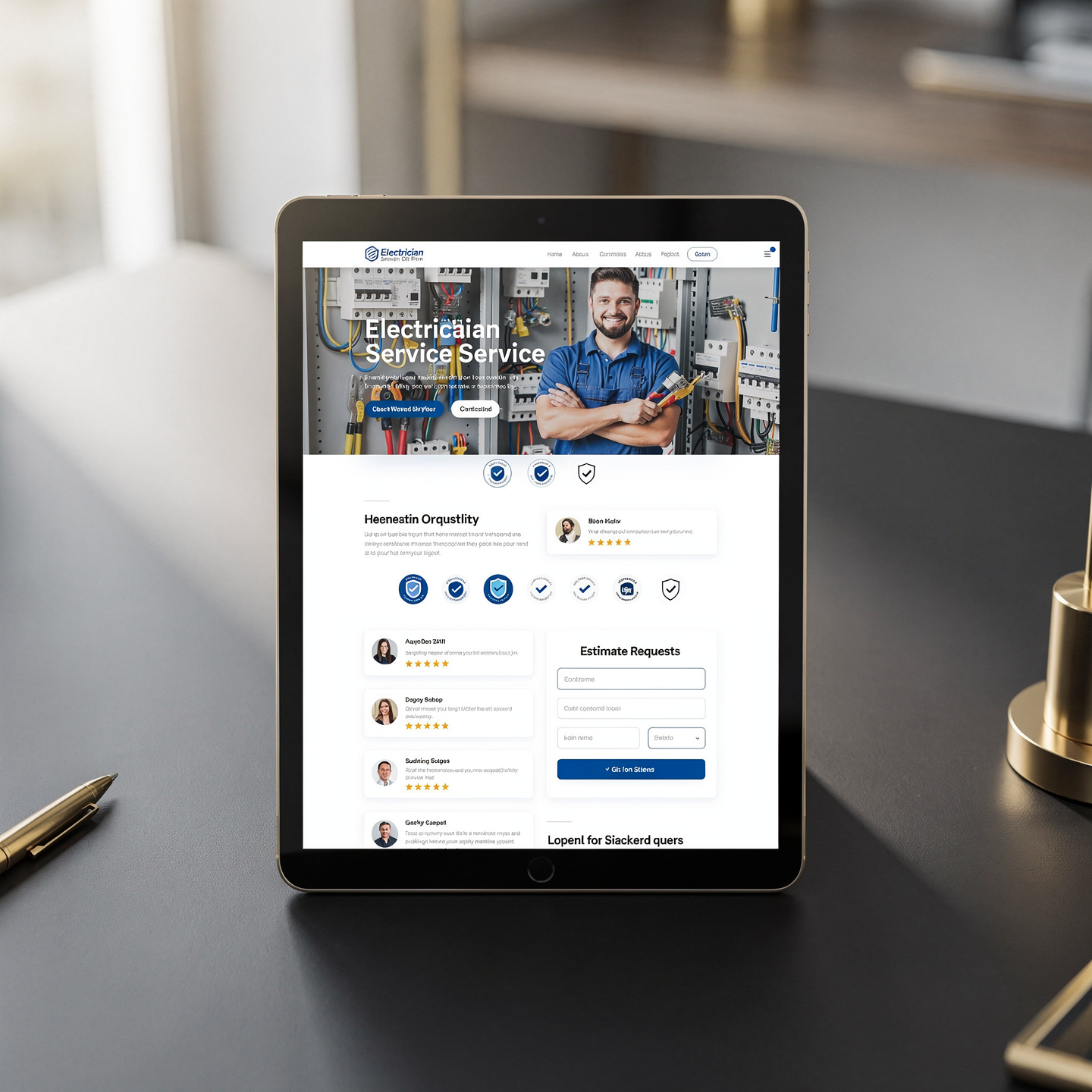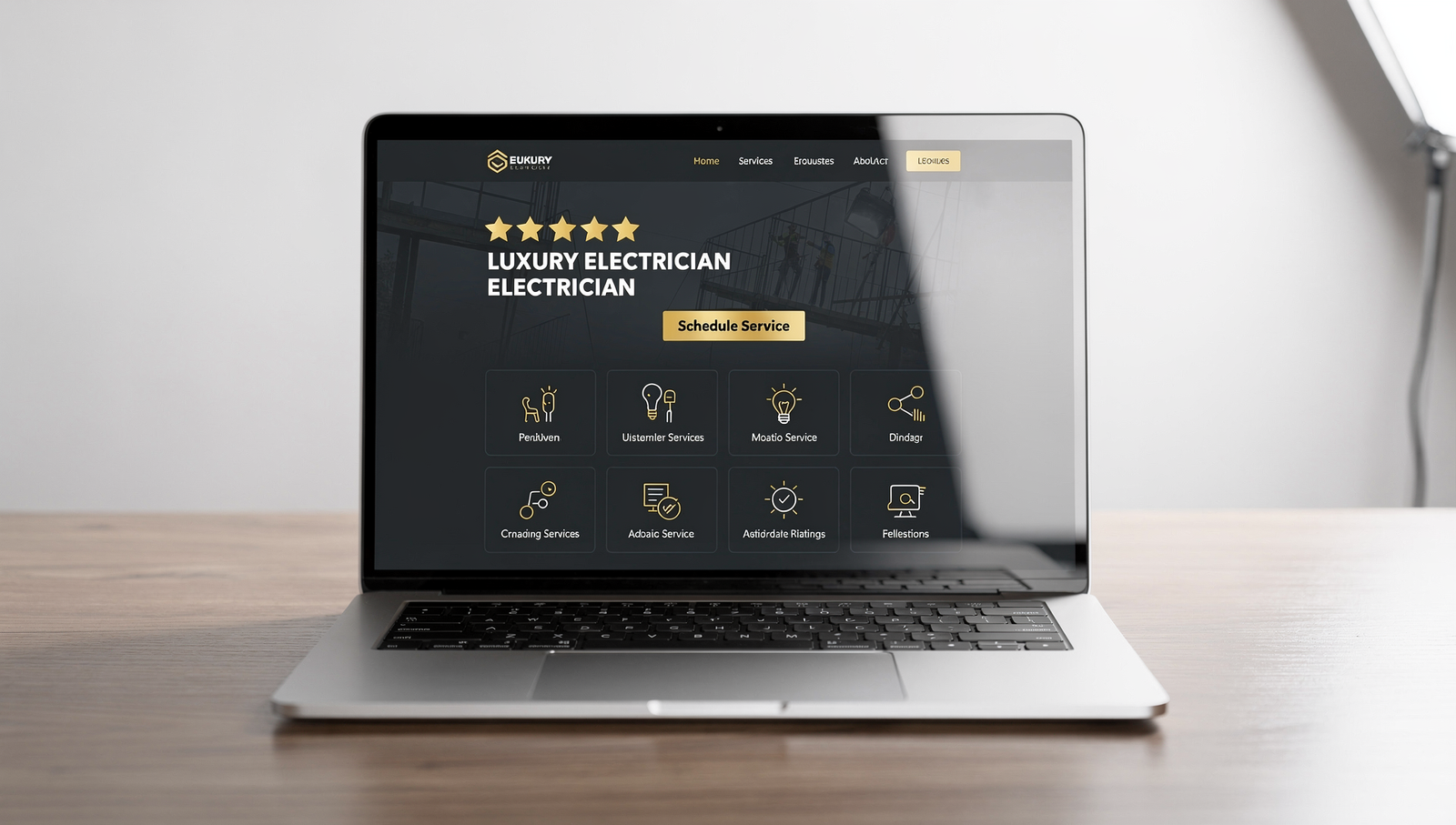5 Best Real Estate Website Builders for Realtors in 2026
Our recommendations for the best DIY website builders out there. If you want it done for you, contact Digital Dream Homes and we’ll help you out
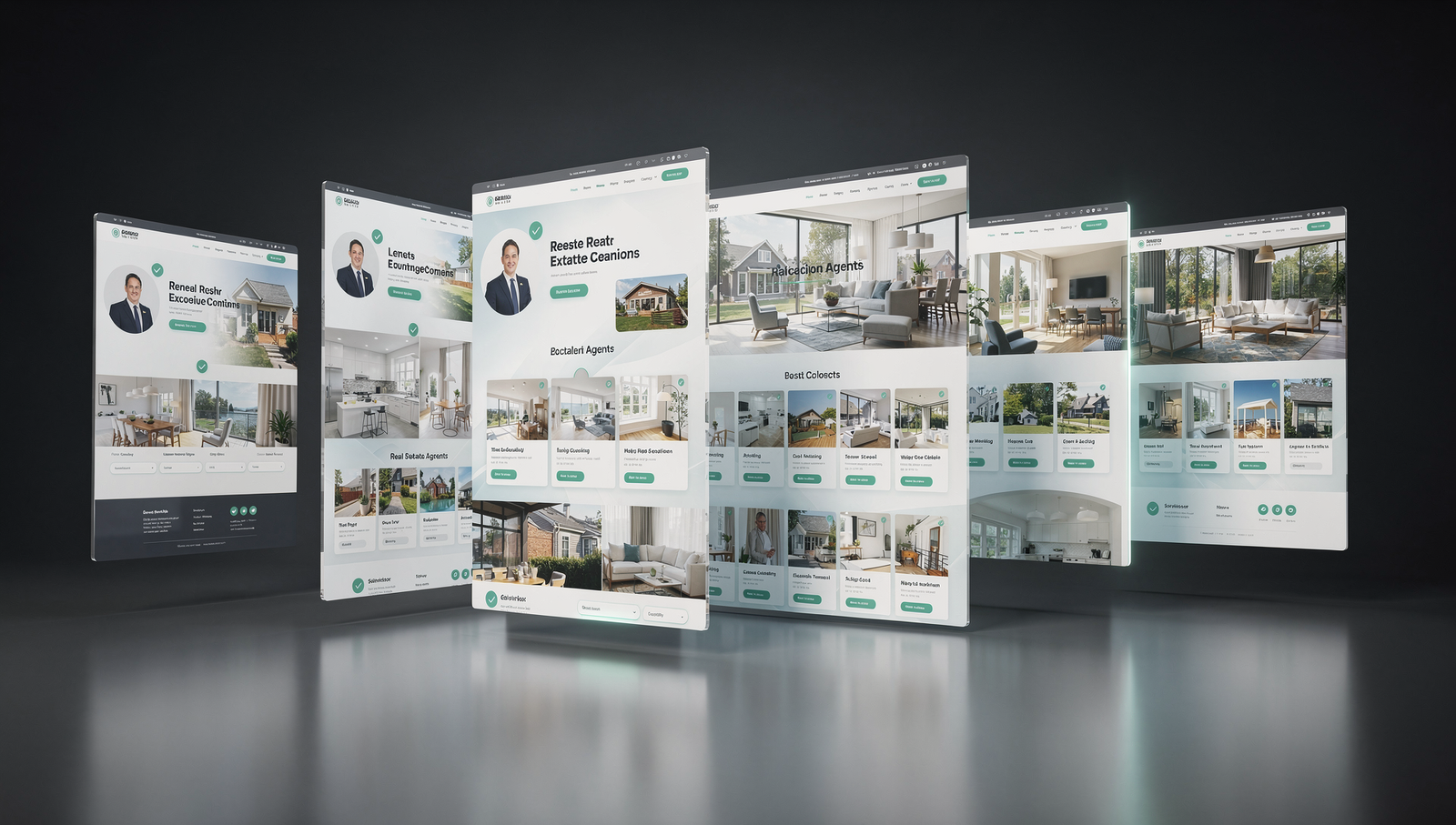
Want More Clients Fast?
Steal This Website Rescue Kit to Get More Clients, More Calls, and More Sales on Autopilot
The best real estate website builders are the secret weapon for agents who want to stand out, attract more buyers and sellers, and ultimately close more deals. In today’s digital-first world, your website is often the very first impression a client gets of your business. The question is: which platform is right for you, and how do you choose one that helps you win listings instead of just looking pretty?
Let’s dive deep into the platforms, features, and strategies that matter most for real estate agents. By the end, you’ll know exactly what makes a website builder worth your time and investment.
Best Real Estate Website Builders: What Matters Most
Not all website builders are created equal. Realtors don’t just need a digital brochure; they need a tool that works as hard as they do. A truly effective builder should include:
IDX integration for live MLS listings
SEO capabilities to rank in Google and attract sellers
Lead capture tools like pop-ups, home value forms, and landing pages
Mobile responsiveness for on-the-go clients
Customization options that let your brand shine
Think of your website as your digital storefront. If it doesn’t load quickly, show accurate listings, and make it easy to contact you, buyers and sellers will move on to the next agent.
WordPress with IDX Plugins: The Powerhouse Choice
If you want full control and long-term scalability, WordPress remains the gold standard. It powers more than 40% of the internet, and for good reason. With IDX plugins, you can turn a basic site into a lead-generation machine.
For example, pairing WordPress with a premium plugin like Showcase IDX gives you MLS integration, search filters, and map-based property browsing. Combine that with SEO strategies from our guide on Real Estate SEO Best Practices, and you’ve got a website that attracts clients instead of just sitting online.
Pros:
Endless customization with themes and plugins
Advanced SEO capabilities
Scales with your business
Cons:
Requires setup and ongoing management
Hosting and IDX fees add up
Squarespace: Sleek but Limited
Squarespace is known for gorgeous templates and ease of use. It works well if your main goal is a simple online presence. However, for real estate, it has serious limitations. IDX integration is clunky at best, and SEO tools don’t match WordPress.
Pros:
Beautiful, easy-to-build websites
Great for personal branding
Cons:
Weak IDX support
Not ideal for agents who want to dominate Google rankings
If your strategy is more about image than functionality, Squarespace could work. But if you’re serious about lead capture, it may not be the best fit.
Wix: User-Friendly, But Be Careful
Wix has made a huge push into the real estate space with industry-specific templates. It’s beginner-friendly and affordable. But just like Squarespace, the IDX options are limited, and customization isn’t as flexible.
One realtor I spoke with built their first site on Wix and quickly hit a wall. When they wanted advanced SEO features and custom IDX styling, they realized Wix wasn’t built for long-term growth.
Pros:
Easy drag-and-drop builder
Budget-friendly
Cons:
Limited SEO tools
IDX is not robust
Shopify: Only for Investor-Friendly Realtors
Shopify is built for e-commerce, not real estate. However, I’ve seen creative uses by agents who also sell digital products like relocation guides, branded merch, or paid local market reports. If selling online products is part of your real estate strategy, Shopify can complement another website builder.
Otherwise, it’s not ideal for property listings.

All-in-One Real Estate Website Builders
Some platforms are designed specifically for agents. Think of companies that advertise “done-for-you” realtor sites. These can be attractive because they promise speed and simplicity, but there’s a big catch: you usually don’t own the website.
That means if you leave the service, you lose your content, SEO rankings, and design. It’s like renting instead of owning your digital real estate. This is why many seasoned agents move away from brokerage subdomains and cookie-cutter platforms. If you’ve ever wondered why broker websites often lose you leads, it’s because the traffic goes to the brokerage first, not you.
Key Features to Look for in Any Builder
When evaluating the best real estate website builders, make sure they check these boxes:
IDX integration that updates in real time
SEO tools that let you edit titles, meta descriptions, and URLs
Lead capture with landing pages and pop-ups (see our post on Realtor Website Pop-Up Ideas)
Speed optimization because Google and clients hate slow sites
Mobile-first design since more than 60% of real estate searches happen on mobile
If a platform doesn’t deliver on these, it will hold you back.
How to Decide Which Builder Is Right for You
Here’s how to make the choice:
If you want control and growth potential: Go with WordPress + IDX.
If you just need something fast and simple: Squarespace or Wix may be fine.
If you want a turnkey solution but no ownership: Consider an all-in-one provider (but know the risks).
At Digital Dream Homes, we recommend WordPress with IDX plugins because it gives you both ownership and power. It’s also the only option that consistently performs well with SEO, lead generation, and long-term ROI.
Why the Right Website Builder is Non-Negotiable
Your competition isn’t just the agent down the street anymore. You’re up against Zillow, Realtor.com, and brokerages with massive marketing budgets. The only way to win is by choosing tools that give you an edge.
Studies show that 41% of buyers start their home search online before contacting an agent. If your website doesn’t show up, you lose those clients before they even know your name. Choosing the wrong builder could literally cost you tens of thousands in commissions each year.
This is why we created resources like our guide to the Best Free Tools for Realtors and our deep dive on Facebook Ads vs Google Ads for Realtors. When paired with the right website builder, these strategies give you the power to compete with anyone, regardless of budget.
Bringing It All Together
Choosing the best real estate website builders isn’t just about looks. It’s about creating a digital hub that captures leads, builds your brand, and sets you apart. The decision you make today could define your pipeline for years to come.
At Digital Dream Homes, we specialize in building luxury websites for real estate agents that check every box: IDX, SEO, lead capture, and ongoing support. If you want a website that doesn’t just look good but actually brings in sellers and buyers, book a free consultation today. We’ll help you put everything we’ve covered here into action so you can focus on closing more deals.
Because the truth is, the best real estate website builders only matter if they’re used the right way.
Matt Pieczarka
Want a Free Website Audit?
Fill out your information below and we will send you a personal screen share video of tips on how to make your actual website better!
See How Many Closings You're Losing to Zillow!
Click Here to Use our Calculator to See How Many Clients Zillow is Taking From You Per Year!
Other Posts About Small Business Websites You Might Like…
- Small Business Website Design Tips for Small Business Owners
- How to Create a Professional Website for Your Small Business
- Common Small Business Website Mistakes That Are Costing You Customers
- Best Homepage Layout for Small Businesses
- Website Conversion Tips for Small Business: How to Make Your Website Convert Visitors into Clients
- How to Make Small Business Website Look Professional: Simple Design Tweaks That Boost Small Business Credibility
- Best Website Colors For Small Business Branding: How to Choose the Right Colors for Your Brand
- Why Small Business Websites Fail: Why Your Website Isn’t Bringing in Leads
- Mobile Friendly Website Tips For Small Business: Mobile Optimization Tips for Local Business Websites
- Contact Page Optimization for Small Business: How to Create a “Contact Us” Page That Actually Gets Results
9 Functional Medicine Website Designer Tips to Grow Faster
9 Functional Medicine Website Designer Tips to Grow Faster Watch the video to learn one psychological SEO trick to build more trust and get more leads from your website! Wan
7 Functional Medicine Website Design Moves That Get Patients
7 Functional Medicine Website Design Moves That Get Patients Watch the video to learn about the best layout to get more leads and patients guaranteed! Want More Clients Fast
11 Electrician Website Designers That Turn Clicks Into Calls
11 Electrician Website Designers That Turn Clicks Into Calls Watch the video to learn the best layout for best results! https://youtu.be/XaEbNPZxi0U?si=kT1Cru8S2SMJSPNx Want More C
11 Electrician Website Help Fixes That Turn Clicks Into Calls
11 Electrician Website Help Fixes That Turn Clicks Into Calls Watch the video to learn how to structure your website for the best return on investment! https://youtu.be/XaEbNPZxi0U
11 Electrician Web Design Company Questions to Ask
11 Electrician Web Design Company Questions to Ask Watch the video to learn the best website layout for the most lead conversions! https://youtu.be/XaEbNPZxi0U?si=SgxjOWdd7F6f4Mtg
13 Electrician Website Templates That Turn Clicks Into Paid Jobs
13 Electrician Website Templates That Turn Clicks Into Paid Jobs Watch the video to learn the best template layout for the best results! https://youtu.be/XaEbNPZxi0U?si=rGg1WlUWlmH
11 Electrician Website Services That Bring In More Calls
11 Electrician Website Services That Bring In More Calls Watch the video to learn the best website layout for the best results https://youtu.be/XaEbNPZxi0U?si=rGg1WlUWlmHTg73v Want
12 Electrician Website Upgrades That Win More Jobs
12 Electrician Website Upgrades That Win More Jobs Watch the video to learn the best website layout to get the most bang for your buck! https://youtu.be/XaEbNPZxi0U?si=uFqsnSFvenQ1
5 Electrician Website Design Company Upgrades That Win Jobs
5 Electrician Website Design Company Upgrades That Win Jobs Electrician website design that earns trust fast and drives more calls. See the must-have upgrades and book more jobs. h




